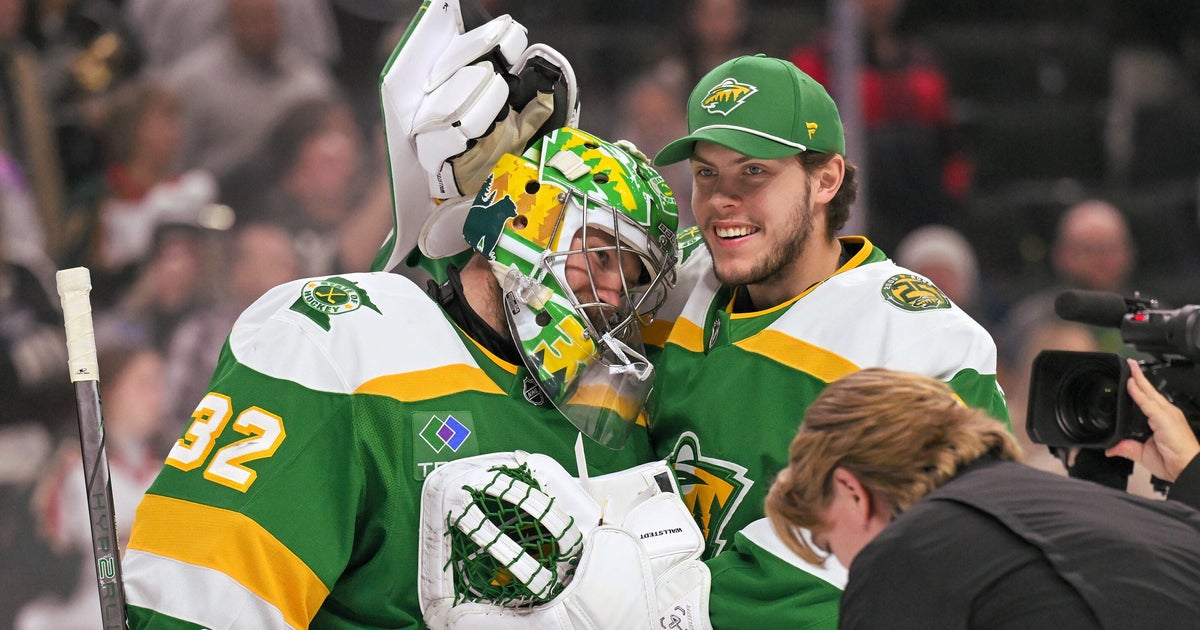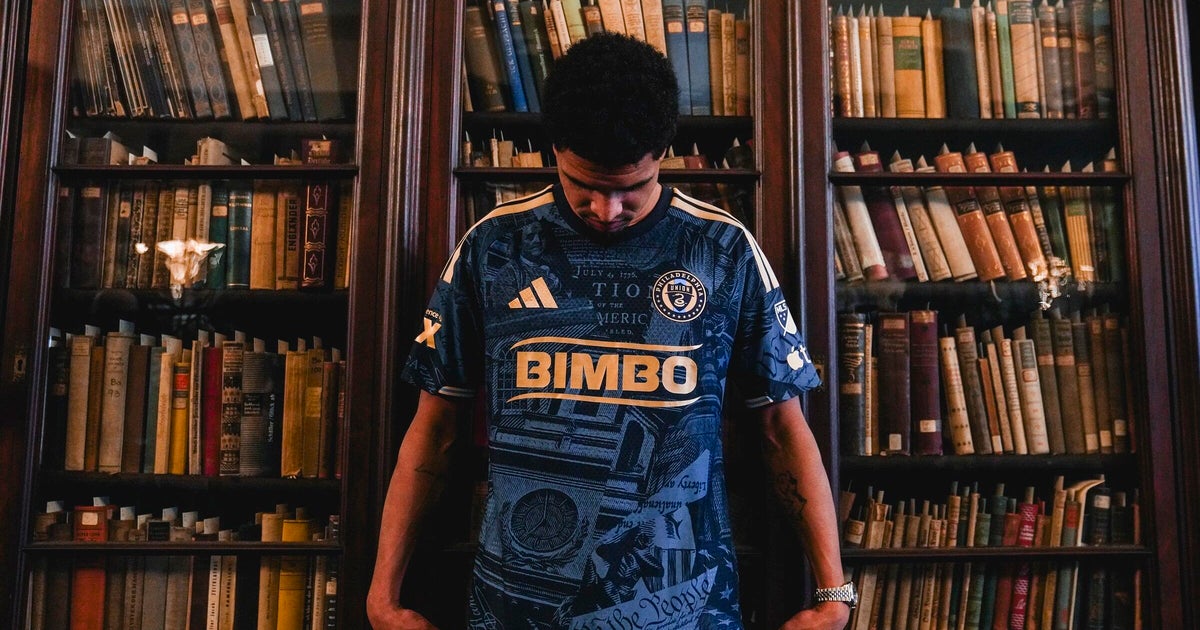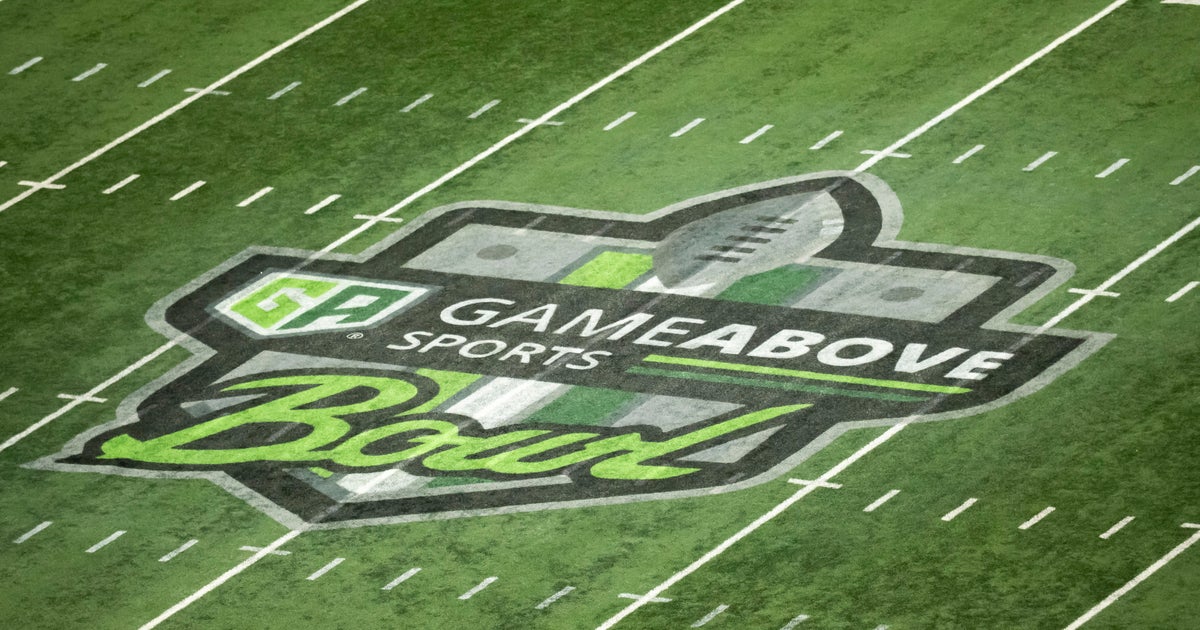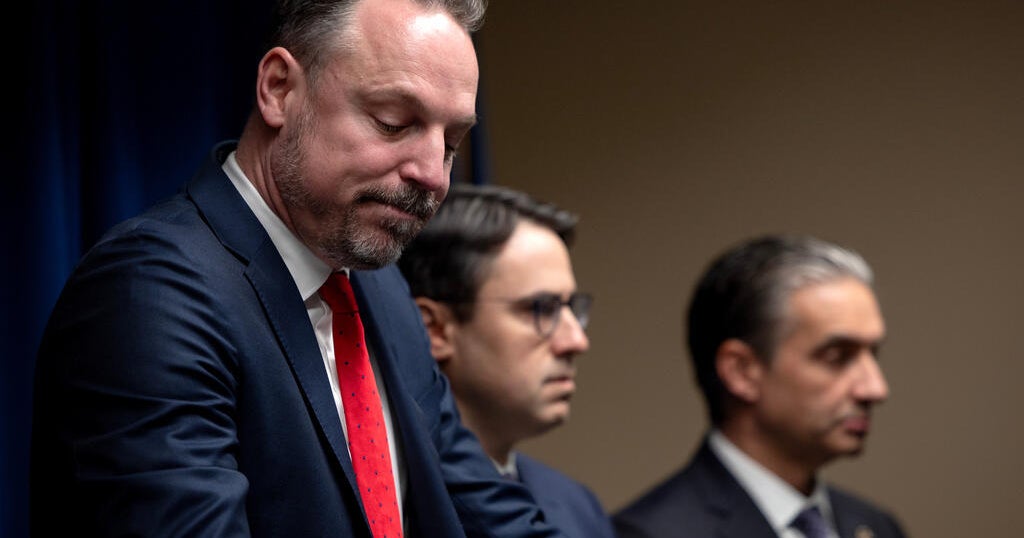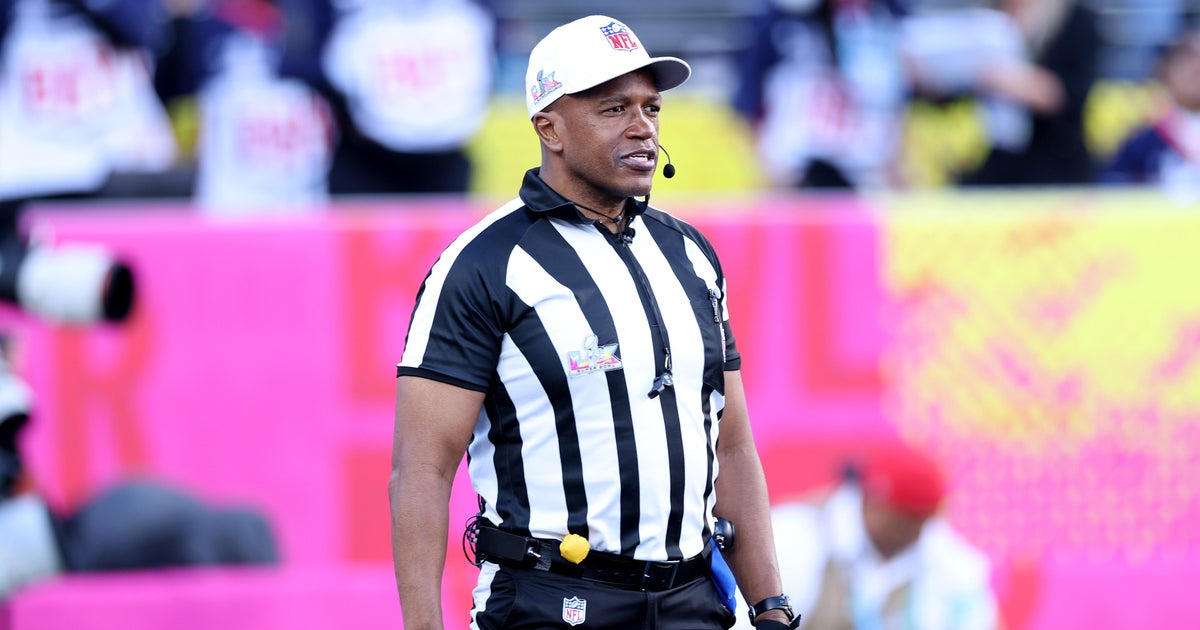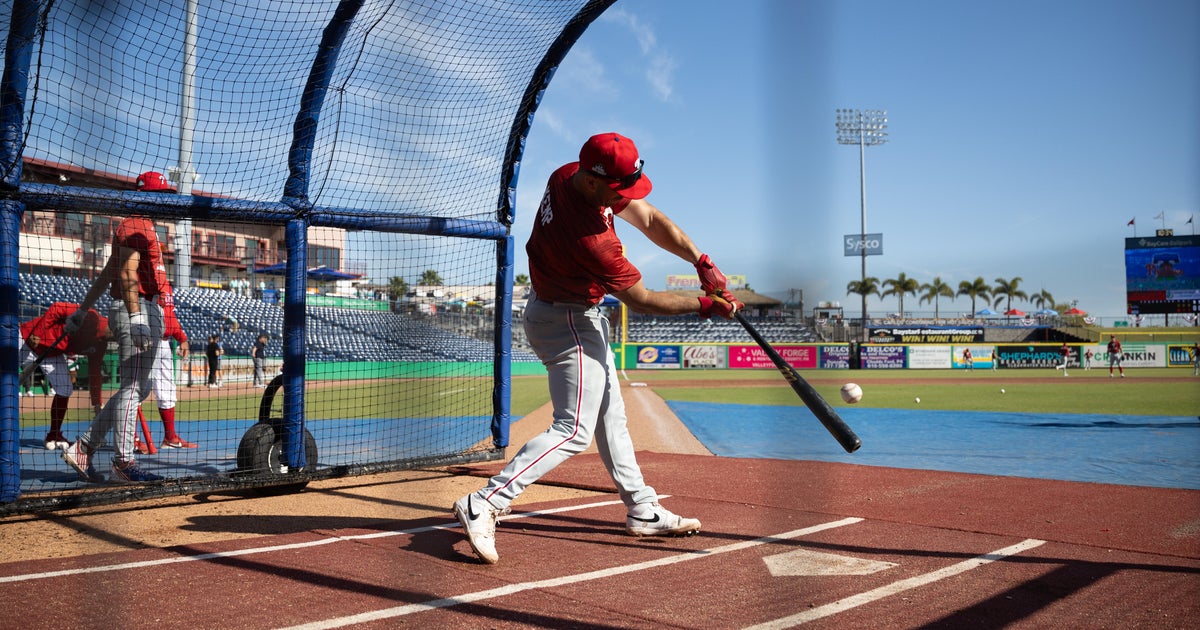Minnesota's Hometown Heroes
MINNEAPOLIS (WCCO) -- When the Timberwolves took Tyus Jones last year in the NBA draft, it completed a pretty cool quintet in Minnesota sports.
Each of the so-called "Big 5" pro teams in town now have at least one Minnesota native on the roster.
David McCoy got them together, one from each team, at Target Field.
Lindsay Whalen from the Lynx. Zach Parise from the Wild. Adam Thielen from the Vikings. Tyus Jones from the Wolves. And Glen Perkins from the Twins.
They talked about what it's like to be a pro athlete in your home state -- the rewards, the challenges and everything in between.
Watch the full interview below, or read on for highlights.
___
FULL INTERVIEW:
Part 1
Part 2
Part 3
___
David McCoy: Let's start with an easy one. What's good about playing in your home state? What makes it fun? What makes it rewarding?
Zach Parise: I think the fans here, they like to gravitate towards one of them, you know, someone that grew up here.
Adam Thielen: We've all been in their position -- kids, in Minnesota -- we've all been there. And I think it's kind of cool to have that relatability.
Tyus Jones: The first game, it didn't feel real at all. Just kind of looking down and holding the jersey in your hands and seeing your last name across the back.
Lindsay Whalen: That's something cool for us, having grown up watching all these teams, from Minnesota, to now be a part of it and to add to that success really means a lot I think, for all of us.
Glen Perkins: You know, you look up in the stands and think, 'I was one of those kids.' And just how special that is. Especially just the Minnesota thing of, the one of us, of feeling like, if I can do it, anyone there can do it ... And knowing that there's some kid that thinks, man, I wanna be him someday, is a pretty special feeling.
DM: Obviously it can't all be sunshine and rainbows and puppy dogs and all that kind of stuff. What are the challenges, what are the hard parts, of playing in your home state?
ZP: Expectation level is high for you. Just as much as they want to see you do well, on the flip side, if you're not doing well, they're still looking at you, and if you're not performing, they're going to let everyone know ... You know, it goes hand in hand. I think sometimes you get more credit, than you deserve, and sometimes you take more heat than you deserve. That's sports, that's the reality.
GP: If you struggle in another state, you're not the Minnesotan, you're not the hometown guy, why's this guy doing that. I think we face more pressure because of that. And like he said, it's a double-edged sword. We get to play here, but the stakes are higher. And you can't be that anonymous athlete on a sports team. You're held to a different level, because people see you as a peer, people see you as another Minnesotan.
DM: If fans could understand how things are different from a fan's perspective versus an athlete's -- you all grew up as fans, what do you know now that you can only know by doing it?
LW: So, like, as a fan growing up, you just think, 'Oh on Sundays the Vikings play, so, alright, the rest of the week, they're just chilling probably. That's the best job ever!' So now like you realize the commitment in the weight room, the commitment in the film room, all that that goes into it. By the time there's a game, there's probably I don't know how many hours of work that's come before that.
AT: People are like, 'Oh, you have a four-month offseason, you're so lucky.' But it's not really like that. The great ones are working all the time. And their offseason is more important, probably, than the in-season. Because that's when the work gets done, that's when you get better.
DM: Now that you're all here, playing for your hometown team, I'll ask you to imagine a scenario where you've gotta leave, go play somewhere else. How hard -- or not hard -- would that be?
GP: At this point I wouldn't. And I'm very fortunate to be in that situation, personally, that I can make that decision.
LW: I'm in the same situation, I mean, I wouldn't. I probably wouldn't go anywhere else. I'm at the point in my career where I'm probably either going to be playing here or I won't be I guess.
DM (to Jones): You've got your whole career ahead of you.
TJ: Yeah, little bit different situation for me (laughter) ... If that means trading you, or getting rid of you to better their team, at the end of the day, I mean it is what it is, so you'd have to just kind of swallow it and move on and be OK with whatever the next step may be, even though it would hurt.
AT: Not a lot of people play in one spot their whole career, so I'm pretty fortunate to already be here for four years. And every year after that is a blessing, and hopefully I can continue to play my entire career here, I don't know if that's going to happen, but if I need to go somewhere else I'll figure it out and my family will figure it out.
ZP: It would be tough. I think you have to understand the business side of sports.
DM (To Parise): You signed like a 95 year deal.
ZP: If they wanted to get rid of me they couldn't.
